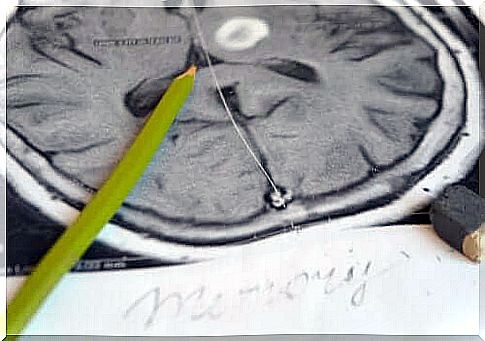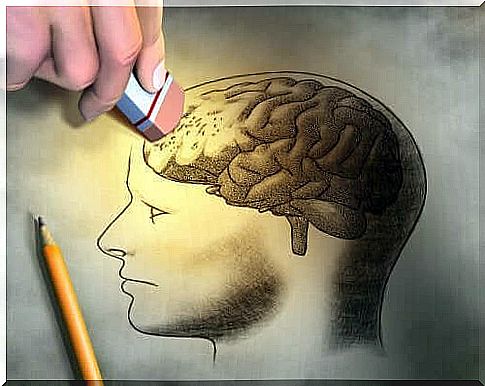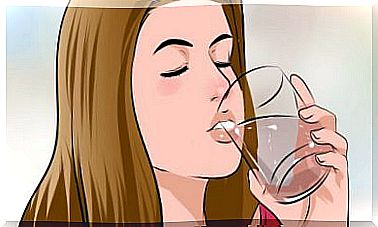The Symptoms And Prevention Of Amnesia

The main symptoms of amnesia are, of course, partial or total loss of memory. More technically, we can say that this is a memory function disorder in which a person is unable to retain or remember some or some of his previously stored information. So what can you do to prevent amnesia?
To better understand what amnesia is, it is important to know what exactly memory is and how it works. Essentially, memory is the ability of our central nervous system to learn, organize and store events from our past.
Memory allows us to store data through complex mechanisms that develop in three stages: encoding, storage and evocation. As you can see, in amnesia people lose their ability to develop memories and all the processes that entails.
What leads to amnesia?

The causes of amnesia can vary. Some patients deal with direct brain damage or other psychological phenomena. The triggers of this condition are organic or functional.
- In organic causes, certain factors cause damage to the brain, be it illness and trauma or even the use of certain drugs, such as tranquilizers.
- On the other hand, functional causes include psychological factors, such as defense mechanisms. For example, this is what is known as post-traumatic amnesia.
Apart from this general classification, there are other causes, such as, for example, the loss of memory that occurs immediately after anaesthesia. This is because anesthesia causes disruptions in the mechanisms of memory consolidation.
Finally, a case of amnesia can also occur spontaneously. An example of this is transient memory loss. In these cases, there is a higher prevalence in middle-aged and elderly people, especially in men. It usually takes less than 24 hours.
The symptoms and prevention of amnesia
Symptoms of amnesia
The symptoms of amnesia revolve around the loss of memory access. In addition, a person with this condition may not be able to remember all things, such as dates, names, or general data from the past.
In general, the two main features of amnesia are:
- Difficulty learning new information after onset of amnesia. This situation is known as anterograde amnesia.
- Difficulty recalling past events and information that were previously known. In this case, the amnesia is retrograde.
It is important to remember that amnesia has nothing to do with intelligence or general knowledge. Nor is it associated with a person’s consciousness, attention span, judgment, personality, or identity.
Among the other symptoms and signs that we can highlight:
- The presence of false memories. That is, people with amnesia can be confused and either create completely made-up memories or they make up a story from real memories that don’t make sense in timeline.
- There is confusion or disorientation.
- Personal relationships may also deteriorate.
However, amnesia should not be confused with dementia as they are two different conditions. Dementia also brings with it other cognitive problems that are not present in amnesia.
Prevention of amnesia

Treating diseases that can affect brain structure will always be the way to prevent this kind of damage. Any damage that affects the brain is enough for this condition to develop, so it’s important to take preventive measures.
For example, avoid excessive and prolonged alcohol consumption, as this can cause a deficiency of thiamine or vitamin B1. Always make sure you wear a good helmet when riding a bicycle or motorcycle. Many cases of amnesia are the result of such accidents.
It is also essential to treat any infection quickly and effectively to reduce the chances of it spreading to the brain. It is also very important to seek immediate medical attention if you have symptoms that suggest you are having a stroke or cerebral aneurysm. The most alarming symptoms are:
- Severe headache
- Numbness
- Paralysis









